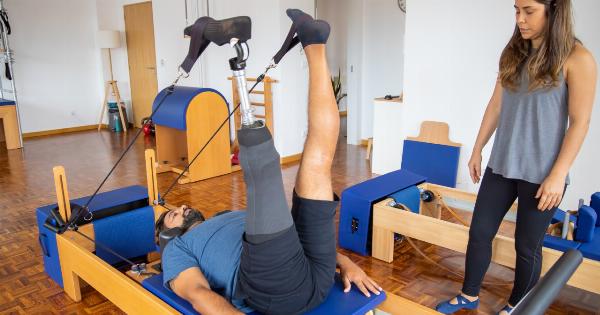Menopause is a natural physiological process that occurs in women usually between the ages of 45 and 55. It is characterized by the cessation of menstrual periods and a decline in hormone levels, particularly estrogen and progesterone.
Hormone therapy (HT) is a widely used treatment option for menopausal symptoms and aims to relieve hot flashes, vaginal dryness, mood swings, and other associated symptoms. However, the optimal timing for initiating hormone therapy during menopause is still a topic of debate and research. This article explores the benefits and risks of hormone therapy and discusses the optimal timing for its initiation.
Benefits of Hormone Therapy
Hormone therapy can effectively alleviate menopausal symptoms and improve a woman’s quality of life. The most significant benefit of hormone therapy is the relief of vasomotor symptoms, such as hot flashes and night sweats.
Estrogen therapy can reduce the frequency and intensity of these symptoms, allowing women to sleep better and perform daily activities without interruption.
Risks of Hormone Therapy
While hormone therapy offers numerous benefits, there are also potential risks associated with its use. The Women’s Health Initiative (WHI) study conducted in 2002 raised concerns about the long-term use of hormone therapy.
It found an increased risk of breast cancer, blood clots, stroke, and cardiovascular diseases in women taking combined estrogen and progesterone therapy. These risks were not observed in women taking estrogen-only therapy. However, the duration of hormone therapy and a woman’s age at initiation play a crucial role in determining the associated risks.
Optimal Timing for Hormone Therapy
The optimal timing for initiating hormone therapy during menopause depends on several factors, including a woman’s age, menopausal symptoms, personal medical history, and the presence of any pre-existing conditions.
Early Menopause
Women who experience early menopause, either naturally or due to surgical removal of ovaries, may benefit from hormone therapy at an earlier stage. Early menopause increases the risk of osteoporosis, cardiovascular diseases, and cognitive decline.
Initiating hormone therapy within a few years of menopause onset can help reduce these risks and offer symptom relief.
Perimenopause
Perimenopause refers to the transitional period leading up to menopause. Hormone therapy during perimenopause can help manage bothersome symptoms like hot flashes and irregular periods.
It can also provide some protective benefits against bone loss and cardiovascular diseases. However, the duration of hormone therapy during perimenopause should be limited.
Postmenopause
In general, hormone therapy should be used for the shortest duration and at the lowest effective dose possible. For women who decide to initiate hormone therapy during postmenopause, the benefits should outweigh the potential risks.
In this stage, hormone therapy can help manage persistent hot flashes, prevent bone loss and fractures, and improve vaginal dryness.
Individualized Approach
Due to the varying risks and benefits associated with hormone therapy, an individualized approach is essential.
Women should discuss their symptoms and personal medical history with their healthcare provider to determine the most suitable timing for hormone therapy initiation. A thorough evaluation of the potential risks, such as age, family history, and lifestyle factors, is imperative.
Alternatives to Hormone Therapy
For women who are unable or unwilling to undergo hormone therapy, there are alternative treatment options available. These include lifestyle modifications, non-hormonal medications, and complementary therapies.
Regular exercise, a healthy diet, stress reduction techniques, and adequate sleep can offer symptom relief. Non-hormonal medications like selective serotonin reuptake inhibitors (SSRIs) or serotonin-norepinephrine reuptake inhibitors (SNRIs) can be prescribed to manage vasomotor symptoms, mood changes, and sexual dysfunction.
Conclusion
The optimal timing for hormone therapy during menopause depends on individual factors, including age, symptom severity, and personal medical history.
Women should have an open and informed discussion with their healthcare provider to determine the most suitable timing for hormone therapy initiation. While hormone therapy can effectively alleviate menopausal symptoms and improve quality of life, its risks and benefits should be carefully considered.
For women who are unable or unwilling to undergo hormone therapy, alternative treatment options are available to manage menopausal symptoms.





























